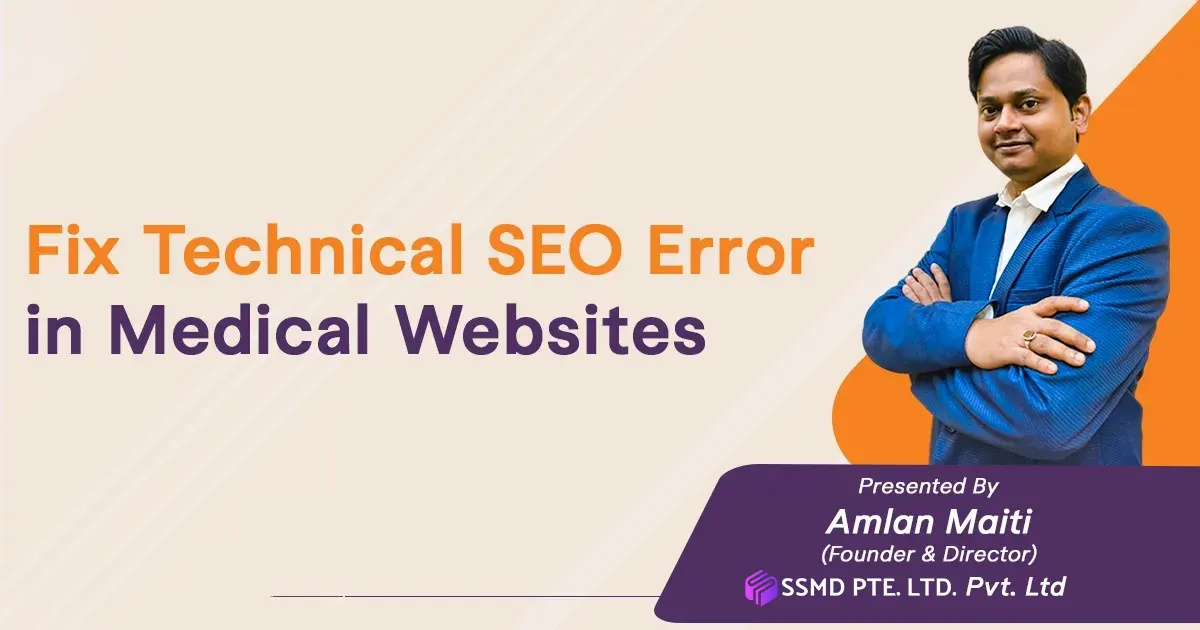Are Keywords still important for SEO?
The keyword game was once the main focus of SEO. Since then, though, SEO has evolved considerably – but should you shelve keywords as a result?
During the early days of search engine optimization (SEO), keywords were everything. Many search engines, such as Google, relied on matching a user’s search query with actual web pages. For example, if a person searched for “Seafood restaurant,” Google’s algorithm would prioritize domains and sites that included the word “Seafood restaurant.”
Keyword research has grown in popularity and importance as a result of this. This led to the development and dominance of keyword analysis, as well as keyword-centric SEO methods. Writing content and creating connections with the word “Seafood restaurant” may practically assure your position for that term – but no longer.
Hummingbird, Google’s algorithm update in 2013, introduced semantic search capabilities. Rather than solely focusing on keywords, Google began to examine the context of the material, necessitating a change in SEO and content marketing tactics away from a keyword-density approach.
However, that does not negate the importance of keywords. So, how can you create the greatest content marketing and SEO strategy possible?
Quick Overview
The Significance of Keywords
A keyword is a term or phrase that a search engine can use to evaluate relevance in your online material. A “head keyword” is a short, timely keyword or phrase, such as “Seafood restaurant,” which could be considered an ahead keyword in modern language.
A long-tail keyword, or long-tail phrase, is an extended, often more conversational string of words; for example, “where to find the greatest Seafood restaurants in Memphis” is considerably longer and less frequent.
Three important insights may be gained from keyword research:
Add New keyword options
If you’re not sure what people are looking for, or if you
want to find new ways to create content, keyword research may
help you develop a list of new terms and phrases.
Keyword search volume.
This metric quantifies how often a keyword is being queried in a search engine. This number can give you valuable insights into the SEO value of a keyword.
Keyword difficulty
The
SEO
difficulty of a keyword or phrase indicates how challenging it
will be to achieve a high ranking for that term. A low SEO
difficulty means fewer competitors are trying to rank for the
term.
A keyword’s SEO difficulty can be estimated by analyzing
the competition’s website authority and on-page SEO
strength. The SEOmoz SEO Difficulty Tool is one popular option
that provides this data.
You may begin optimizing your company’s meta description
or title and expand on other features of the page. You can then
choose an array of strong keywords for your industry from
there.
There are a few strategies you might use those keywords:
Onsite Core Content
The majority of search engine optimizers concentrate their efforts on the site’s foundation. They utilize prominent keywords in their title tags and meta descriptions, as well as here and there throughout the body text of their sites.
Onsite Blog Posts
Your website’s blog section is a fantastic place to experiment with new keywords. Try using a variety of combinations in your headlines, tags, and titles.
Social Media Updates
Social media platforms are an SEO powerhouse. Make sure to use SEO keywords throughout all of your social media channels – from LinkedIn profile descriptions to Twitter updates and Facebook posts.
Inbound Links and Anchor Text
When other websites link to your content, they’re essentially vouching for your site. That’s why it’s essential to have keyword-rich anchor text in those links – it tells Google what your site is about.

The High-Level View of Search Engine Algorithms:
We’ll use Google as our primary example since it has
always been the leading search engine, and most other search
engines mimic its features, so we’ll use it as a
substitute for other algorithms.
The majority of search engines use keywords to determine
relevance. If your website has many occurrences of the term
“Seafood restaurant” and a lot of Seafood
restaurant-related terms, it’s likely to be considered
relevant for a user search about seafood restaurants. A tech
blog, no matter how reputable and authoritative it is, will not
be accepted.
Let’s set aside the “authority” aspect for now, and focus exclusively on the “relevance” part. Will the appropriate keywords guarantee that Google considers your site correctly?
Google’s Hummingbird algorithm is somewhat secret, although its operation is obvious. Rather than looking for exact matches on the web, as in the past, Google Search now tries to understand the general meaning and purpose of a user’s inquiry. This appears to be a minor variation, but it has major consequences.
Take the search phrase “Seafood restaurant” from earlier. Instead of searching for this precise term across the internet, Google will recognize that a person is seeking a restaurant that sells Seafood and may be located nearby. It might make certain assumptions and utilize topic-adjacent keywords, such as synonyms.
The Drawbacks of Low-Effort Keyword Techniques
Even in the presence of semantic search, keyword research, and inclusion, using keywords to boost your strategy’s visibility may be beneficial. However, you must remember that overusing or carelessly employing keywords can backfire.
Several strategies may result in your position being weakened or even getting you a manual penalty, including:
Hidden Content and Keyword Stuffing
This SEO technique was once very popular, but it is now ineffective and even dangerous. The process involves filling a page with keywords in an attempt to fool the search engine into thinking it is more relevant than it is. Google’s Penguin algorithm targets sites that engage in this behavior.
Spammy Guest Blogging
Guest blogging can be a legitimate strategy when done correctly, but it is often abused. Many SEOs will post low-quality articles on other people’s sites, stuffed with keywords, in an attempt to generate backlinks. This is a black-hat SEO tactic that can result in serious penalties from Google.
Paid Links
- Buying and selling links is against Google’s guidelines. If you’re caught participating in this activity, your site may be penalized.
- Keywords that are irrelevant or unnatural.
- Keywords should flow naturally in the context of your post. It’s not worth going to great lengths to make sure there’s a perfect match; not only is there little direct gain but you could also get fined.
Bad Anchor Text Practices
In the SEO world, there is a lot of debate surrounding the use of anchor text. While using natural language and repeating a phrase in many links might be convenient, if you use unnatural language or repeat the same term across multiple links, it will be regarded as a warning sign.
If you’re building an SEO strategy, avoid these pitfalls. There’s no point in taking a risk when there are so many other options available.
Keyword-based SEO tactics’ effectiveness has decreased over time, owing to the increasing complexity of semantic search and Google’s abilities in general. However, you should not minimize the role of keywords and keyword research in your SEO strategy.
SSMD Pte Ltd,, April 21, 2022















